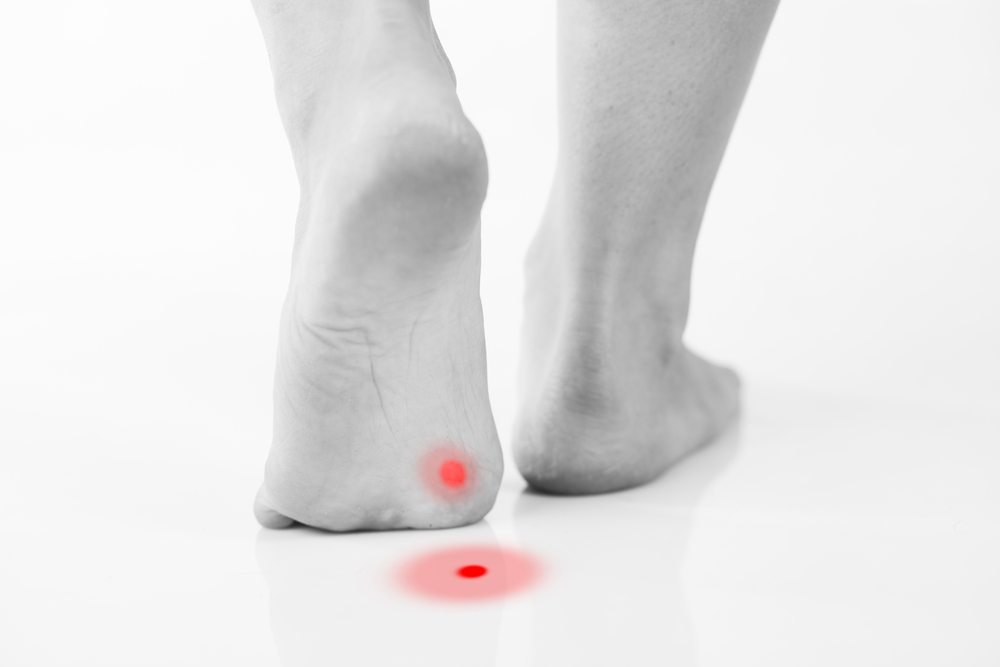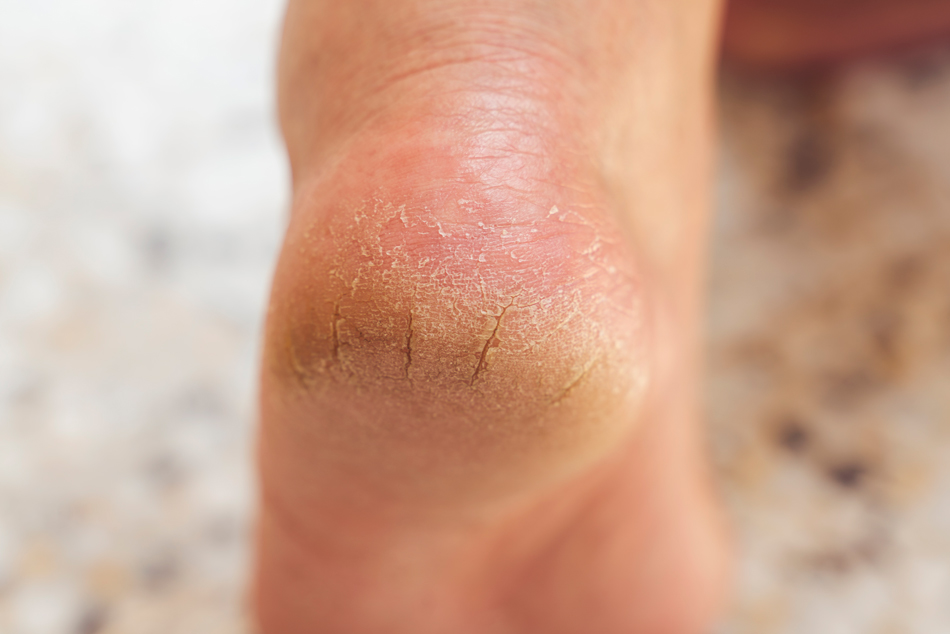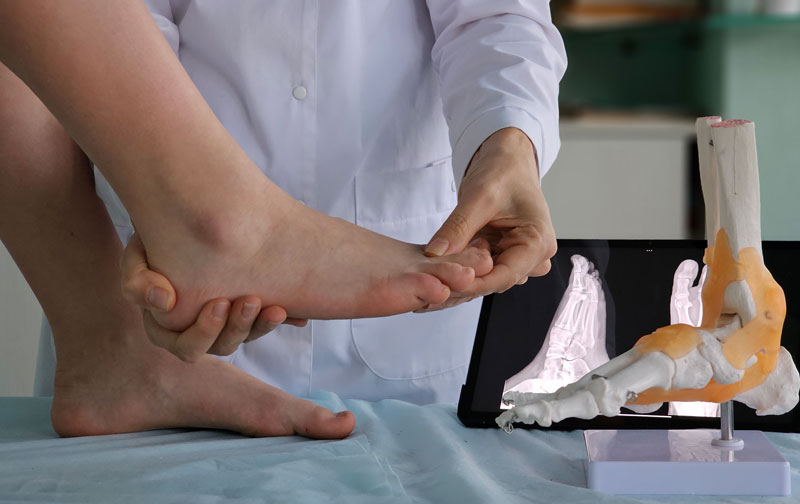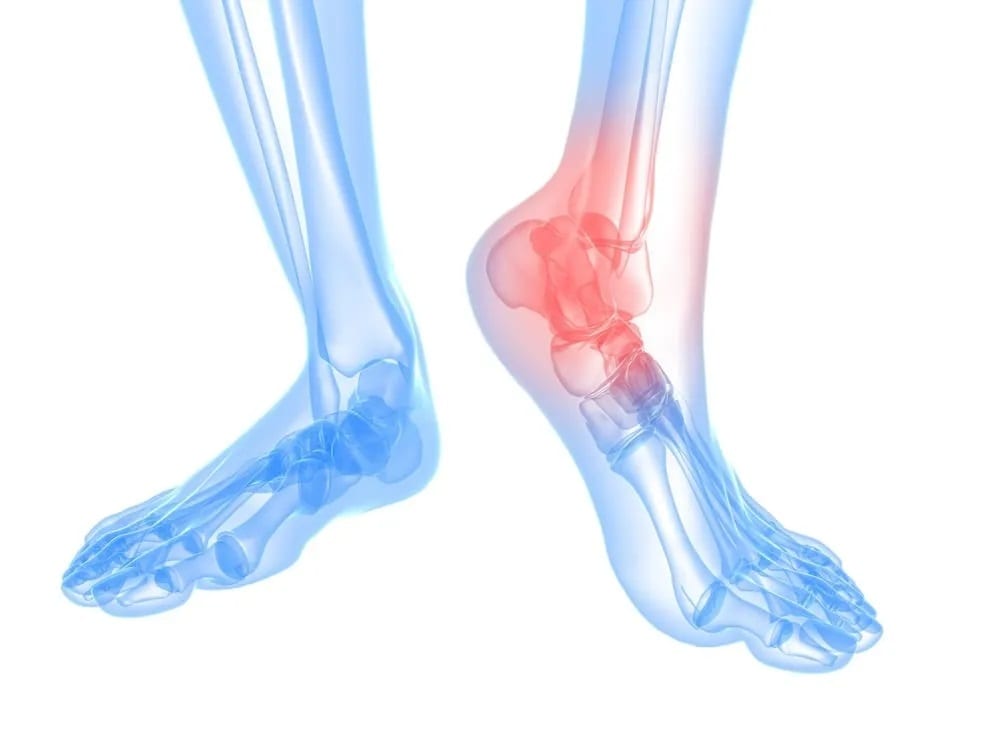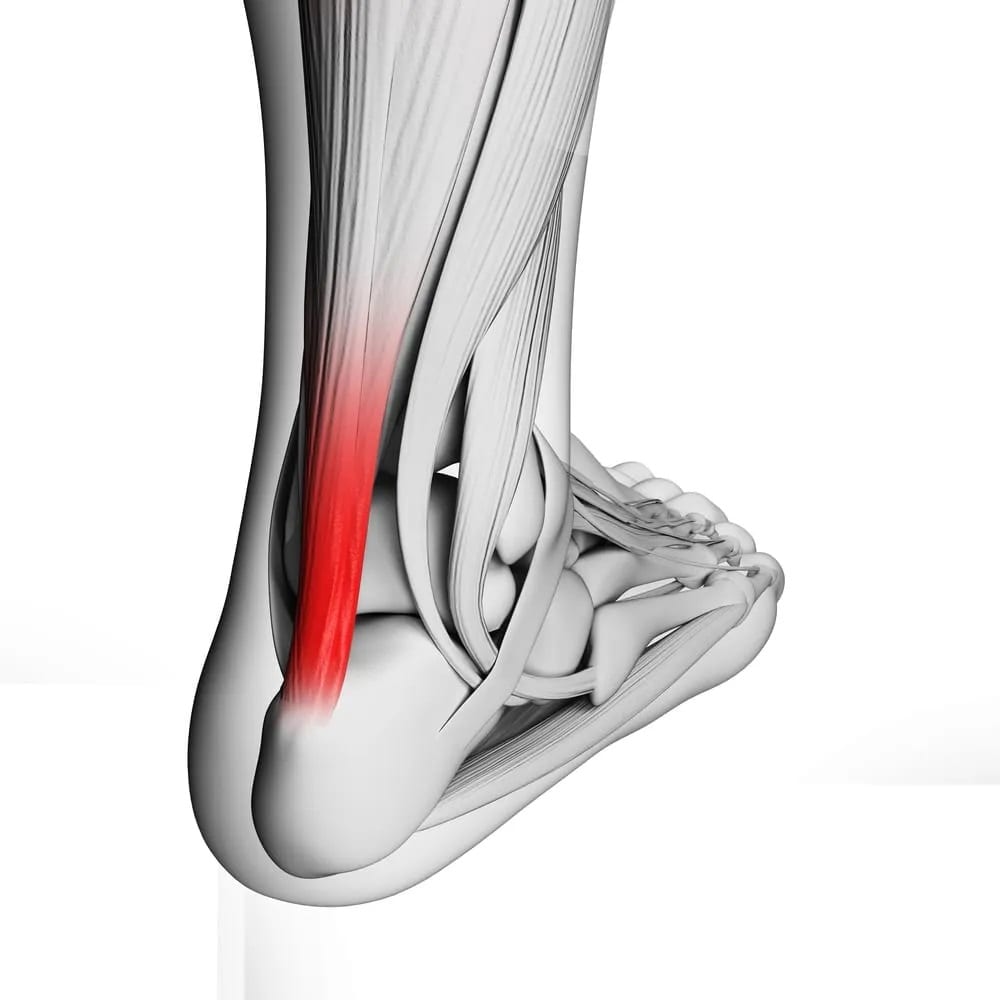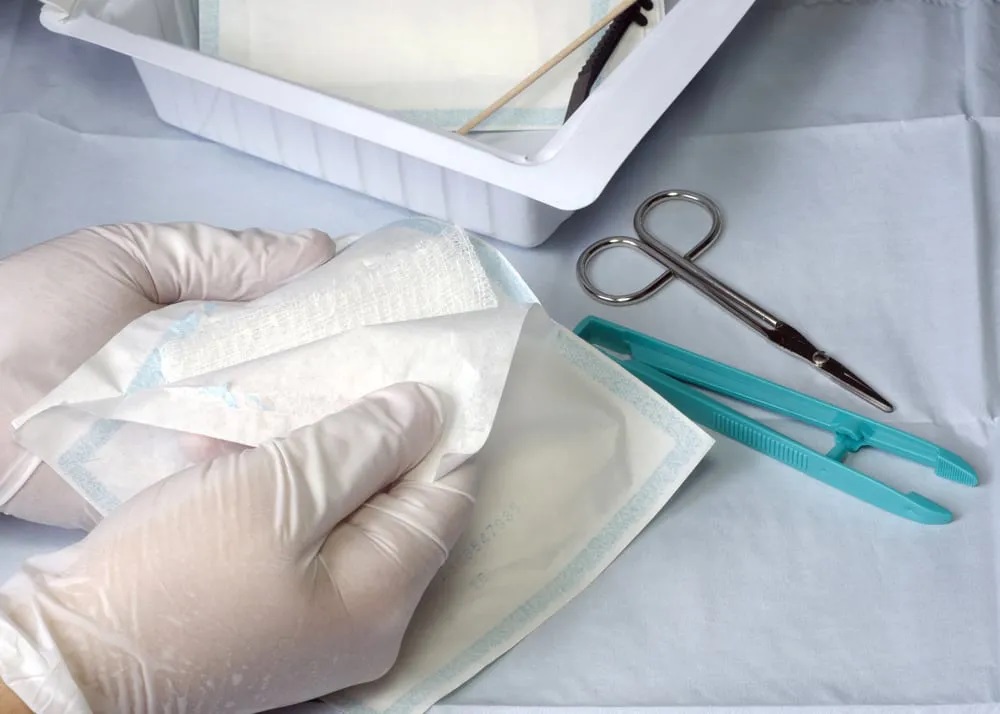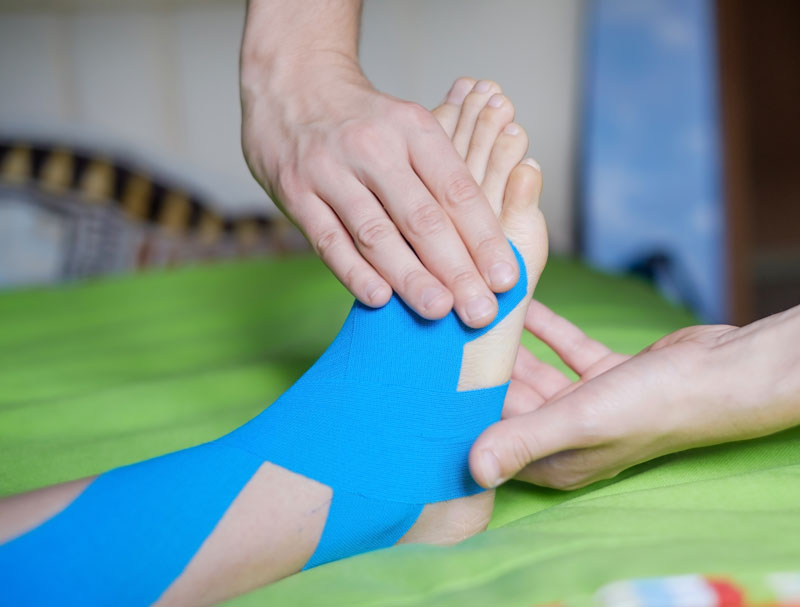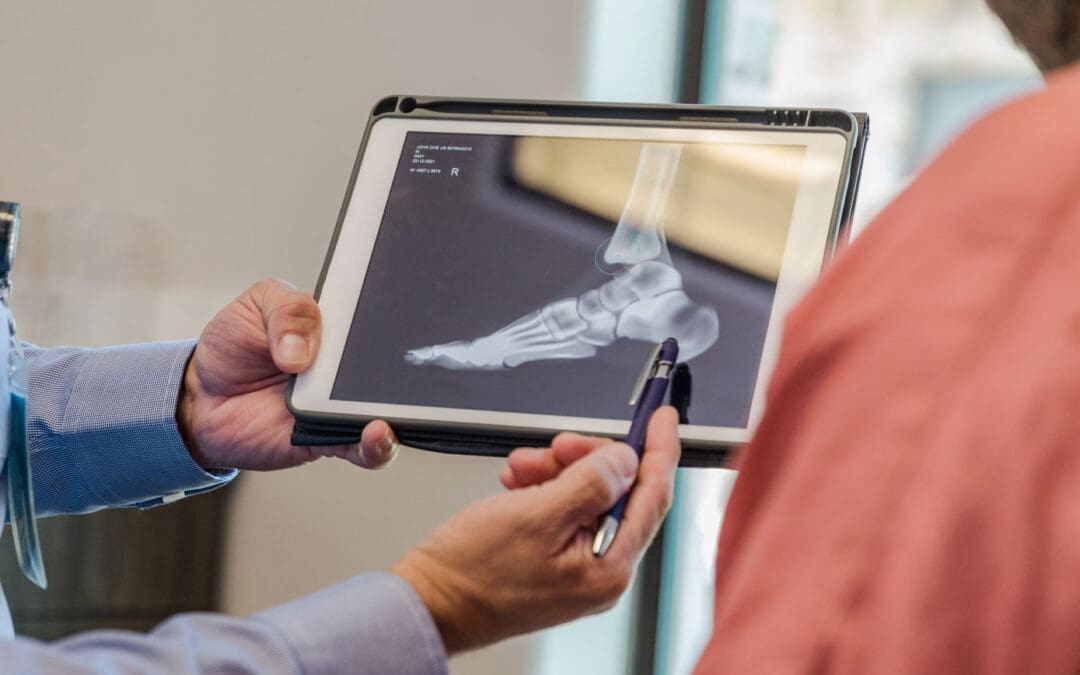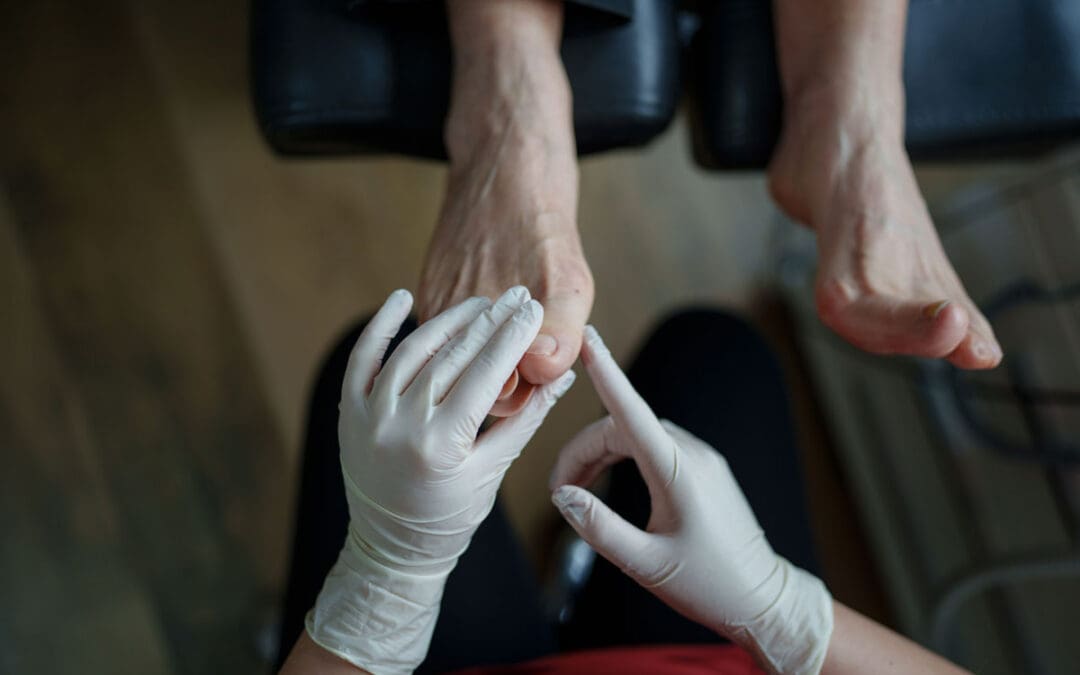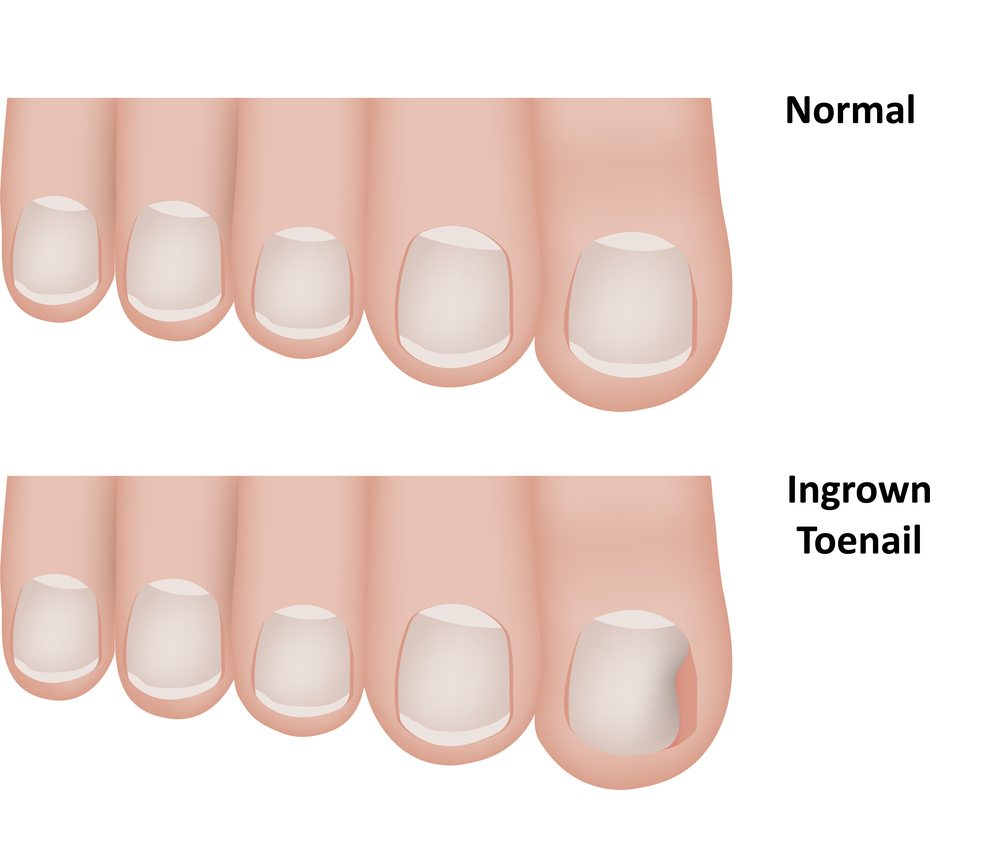Warts are growths caused by viruses beneath the skin. They can appear anywhere on the body – including the feet. When warts appear on the soles of the feet, they are known as ‘plantar warts’, which are hard and may even grow inward due to pressure on the heels and balls of the feet. Though foot warts are not a serious health threat, they are often a source of discomfort and embarrassment.
Did you know…
that plantar warts are caused by the Human Papilloma Virus (HPV)? Despite there being more than 100 strains of HPV, foot warts are only caused by a few of them. The virus is usually contracted by walking on contaminated surfaces, where the virus comes in contact with tiny breaks in the skin. You can avoid getting foot warts by wearing shoes when walking in gym locker rooms or near swimming pools.
Frequently Asked Questions
What are the symptoms of foot warts?
Many people mistake foot warts for calluses. Those that grow on the bottom of the feet may be hard, grainy and flat. Warts that grow on other areas of the feet, such as the toes, are typically soft and raised. In many people, foot warts cause pain and soreness when standing or walking. Anyone can develop foot warts though they are most likely to affect children, teenagers, and individuals with weakened immune systems.
When should I see a podiatrist for foot warts?
You may need to schedule an appointment with a podiatrist if you have warts that are painful or that have not responded to home treatments. Always contact your doctor if you are unsure if a lesion is a wart or if the lesion begins to change appearance.
What types of treatments are available for warts?
Your podiatrist can remove foot warts using one of the several techniques available. You may be prescribed salicylic acid to help peel away layers of the wart. Often, salicylic acid is used in conjunction with cryotherapy, during which your podiatrist will apply liquid nitrogen that freezes the wart. In cases where salicylic acid and cryotherapy are ineffective, your podiatrist may recommend the use of other chemical acids, laser treatments or immune therapy.

